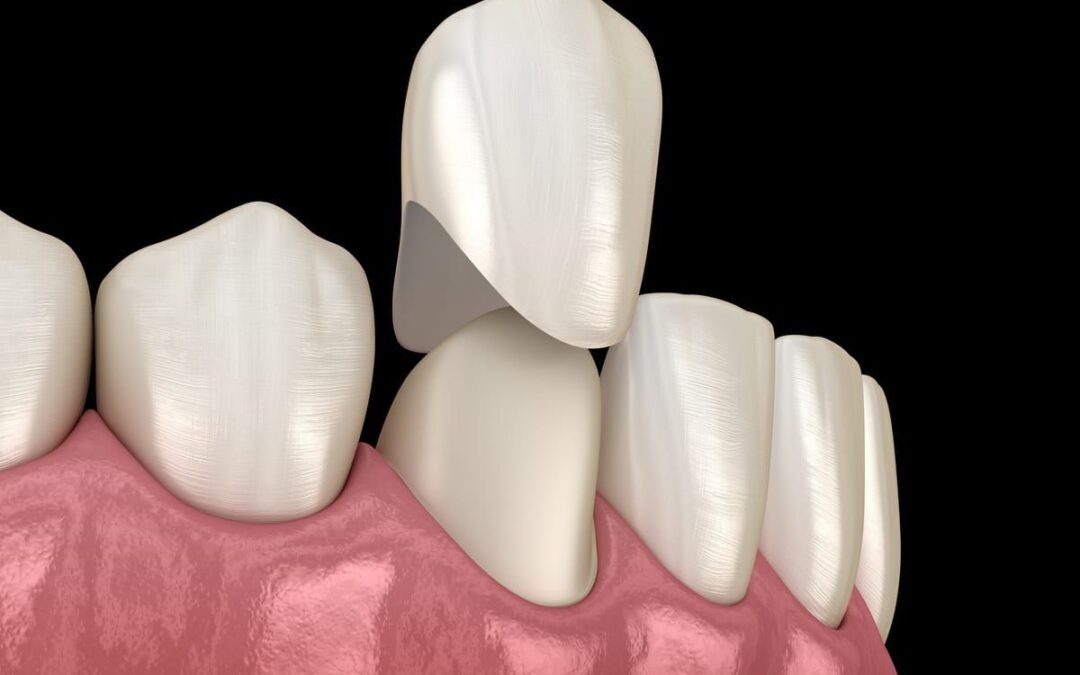
BEXLEY DENTISTS
Porcelain Fillings & Crowns
There are times when a part of the tooth is missing and basic in-house white feelings are not enough to ensure long-lasting outcomes. If this is the case, we often replace the missing tooth with porcelain inlays, onlays or crowns to reinforce and re-lace the remaining tooth structure. We can make just about any crown possible with a range of materials. Every patients situation is different and this must be considered on a case-by-case basis.
FAQS
-
A crown is a covering that sits over the entire tooth to protect it from being damaged, when a filling will no longer suffice. Whilst this is not the only indication for a crown, it is often the main indication.
If at any point we are concerned about the possible loss of a tooth due to a high risk of fracture, we will often recommend that a tooth is crowned.
-
The most commonly used crowns in our practice are:
1. Zirconia - Widely recognised as one of the most durable dental materials, it is also biocompatible which means it is well tolerated by the body and may be less likely to produce responses such as inflammation once placed.
2. Porcelain - A good choice for patients with allergies to metal. Porcelain crowns by nature are however not as strong as the other materials.
3. PFM (porcelain fused to metal) - Offers a combination of strength and appearance. The metal alloy base provides the strength, allowing it to endure pressure when chewing with the porcelain component providing optimal aesthetics.
4. Gold - These crowns are very durable and are least likely to chip or break. They are however the least natural-looking and are usually reserved for back molars requiring that extra level of strength.
-
Dental crowns generally last 5-15 years, but can last much longer. Factors that can influence the longevity include (but not limited to) the type of crown, the condition of the tooth underneath the crown, diet and patients habits (such as oral hygiene, diet, grinding and smoking).
Different circumstances call for different types of crowns. For example, we often use PFM crowns for root canal treated teeth because of their long term success rates. This is especially the case when the tooth is in the back of the mouth.
We usually recommend porcelain crowns on front teeth because of their aesthetic beauty and these teeth are under less pressure than the back teeth.
-
During the appointment you are given local anaesthetic. Once you are numb the tooth will be prepared and you will experience a similar feeling to having a filling done. Once the tooth preparation is complete, a mould will be taken to construct a temporary crown while your permanent crown is being fabricated.
During the temporary crown period, generally 2 weeks, you will need to be careful not to bite anything hard, floss or chew gum.


